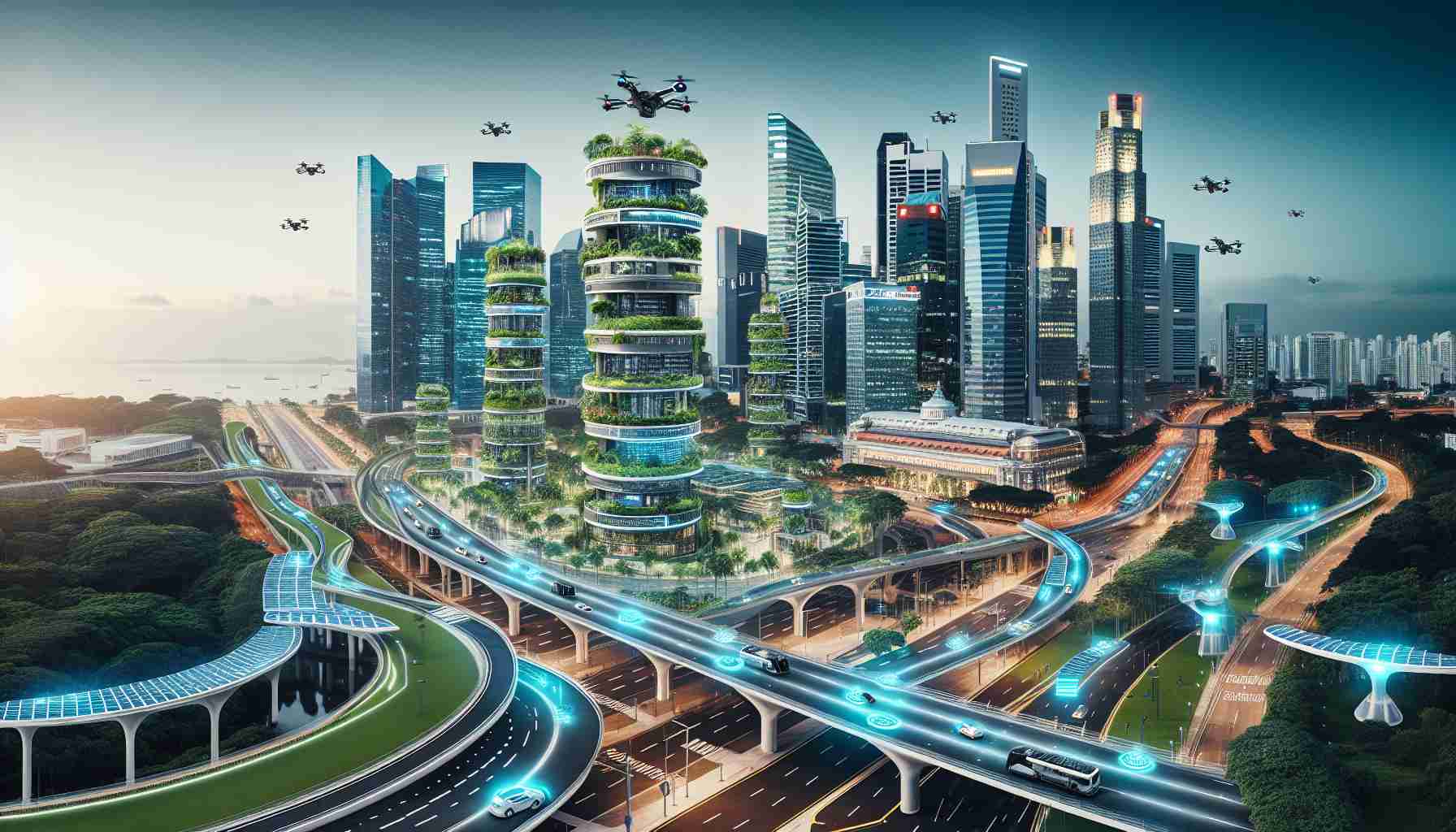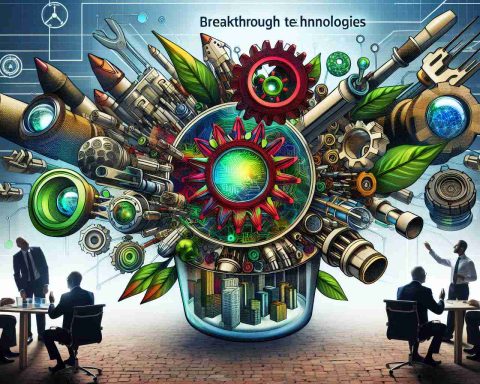Singapore is blazing a trail into the future with the implementation of cutting-edge technologies that are poised to transform urban living. The city-state, renowned for its ambition to become the world’s first Smart Nation, is at the forefront of integrating digital solutions across various sectors.
Autonomous Vehicles on the Roads
One of the most exciting developments is the advancement of autonomous vehicles. Trials are underway in Punggol, where driverless buses are ferrying passengers in a groundbreaking pilot program. This initiative not only aims to reduce traffic congestion but also promises a more sustainable and efficient public transport system.
IoT Enhancing Urban Life
The Internet of Things (IoT) is playing a pivotal role in Singapore’s smart city ambitions. From smart street lighting that adjusts brightness based on the presence of pedestrians to intelligent waste management systems that optimize collection routes, IoT solutions are enhancing urban living. These technologies contribute to significant resource savings and improved city management.
Sustainability through Innovation
Environmental sustainability is a core focus, with technologies such as vertical farming and solar panel integration leading the charge. The aim is to create a self-sufficient ecosystem that reduces reliance on imports and minimizes carbon footprint, ensuring a sustainable future for the Lion City.
The Future is Now
Singapore’s commitment to embracing technology is not just a vision, but a reality unfolding. As it continues to explore and implement futuristic solutions, the rest of the world watches keenly, making Singapore a beacon of innovation and a testbed for global smart city initiatives.
Singapore’s Smart City Innovations: What Lies Ahead?
Introduction
Singapore’s journey toward becoming the world’s first Smart Nation is marked by groundbreaking technological advancements that promise to transform urban life. As it stands at the cutting edge of innovation, the city-state offers valuable insights into the future of urban living. This article explores new and relevant developments in Singapore’s ambitious projects that were not covered in initial discussions.
Enhanced Autonomous Vehicle Ecosystem
Beyond trials in Punggol, Singapore is expanding its autonomous vehicle ecosystem with new regulatory frameworks aimed at ensuring safety and integration with existing traffic systems. The use of AI in real-time traffic analysis and passenger management offers a glimpse into a future where rides are not only driverless but also dynamically optimized for efficiency and safety. Partnerships with international tech companies are expected to accelerate these advancements, potentially revolutionizing urban mobility.
IoT and Smart Infrastructure Integration
The role of IoT in Singapore extends to smart infrastructure, including integrated communication systems that connect various city functions—from public transport and utilities to emergency services. Innovations such as drone-based monitoring and predictive maintenance of urban infrastructure are becoming common, resulting in reduced operational disruptions and enhanced urban living.
Pros and Cons of Singapore’s Sustainable Innovations
While technologies like vertical farming and solar integration have clear environmental benefits, challenges remain in terms of scalability and economic viability. The pros include reduced land use and dependence on food imports, leading to increased resilience. However, the cons highlight the high initial costs and the current limitation of these technologies to scale with rapid urban growth demands.
Potential Controversies and Security Concerns
As Singapore integrates more digital solutions into its urban landscape, questions about data privacy and cybersecurity arise. The extensive data collection necessary to power smart solutions could lead to concerns over surveillance breaches and data misuse. To address these, Singapore is implementing strict data protection regulations and investing heavily in cybersecurity infrastructure to safeguard citizens’ information.
Market Insights and Predictions
Singapore’s Smart Nation initiative is expected to attract significant investments, potentially positioning the city-state as a global hub for tech startups focusing on smart city solutions. Analysts predict an upward trend in international collaborations, further boosting Singapore’s profile as a leader in innovation. The continued push for smart solutions highlights Singapore’s strategic focus on fostering a knowledge-based economy.
Sustainability Trends and Future Outlook
Singapore’s focus on sustainability aligns with global trends emphasizing eco-friendly urban development. Efforts are directed towards creating renewable energy grids and expanding green architecture. These innovations are part of a broader push towards achieving carbon neutrality by 2050, cementing Singapore’s status as a leader in sustainable urban development.
Conclusion
As Singapore continues to innovate, it sets a benchmark for other nations aspiring to achieve smart city status. While there are challenges, the benefits of integrating advanced technologies in transportation, infrastructure, and environmental management are profound, paving the way for a future where urban living is not only smarter but also more sustainable.
For more insights into Singapore’s technological advancements, visit Visit Singapore.


















